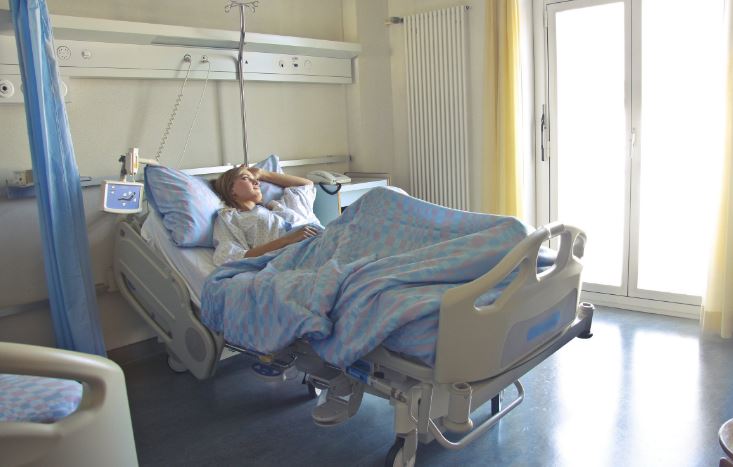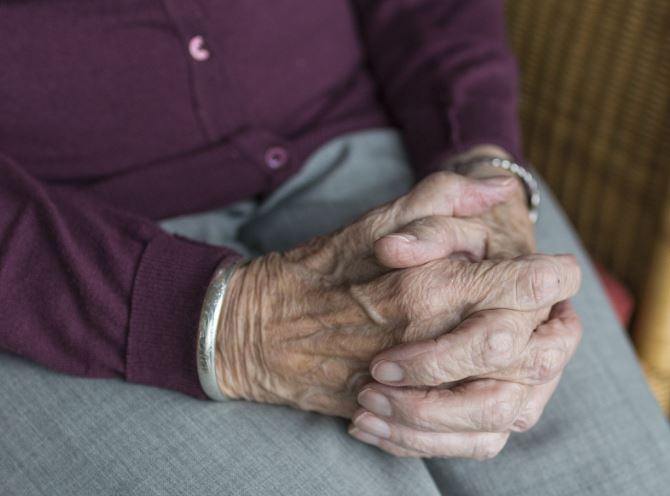Work on I-75 continues in northern Oakland County
FOR IMMEDIATE RELEASE TUESDAY, MAY 5, 2020
CONTACT: Rob Morosi, MDOT Office of Communications, [email protected]
Punch list work on I-75 continues tomorrow in northern Oakland County
Fast facts: – The 2019 project in northern Oakland County repaired 21 bridges on I-75 between South Boulevard and Baldwin Road. – Punch list work resumes tomorrow with crews closing the right lane on southbound I-75 at Giddings Road. – There will be multiple lane closures on M-59 under I-75 for surface coating.
May 5, 2020 — Michigan Department of Transportation (MDOT) contract crews will resume punch list work on a section of I-75 in northern Oakland County starting Wednesday, May 6. This work will focus on completing bridge repairs on southbound I-75 at Giddings Road, and the application of seal coating on the I-75 bridge over M-59.
Starting at 7 a.m. tomorrow, southbound I-75 will have a continuous right-lane closure at Giddings Road, and continuous double-lane closures on eastbound and westbound M-59 under I-75. The continuous lane closures are needed for bridge work and are expected to remain in place until 7 p.m. Friday, May 15.
This 2019 project included repairing 21 bridges between South Boulevard and Baldwin Road in Auburn Hills. Included in the work was the resurfacing of both directions of I-75 between South Boulevard and Giddings Road, and repairing the ramps at the Chrysler Drive and M-24 (Lapeer Road) interchanges.
ESSENTIAL WORK: This road construction project is an essential function. Transportation workers in the field follow Centers for Disease Control guidelines to limit their risk of getting sick. |






